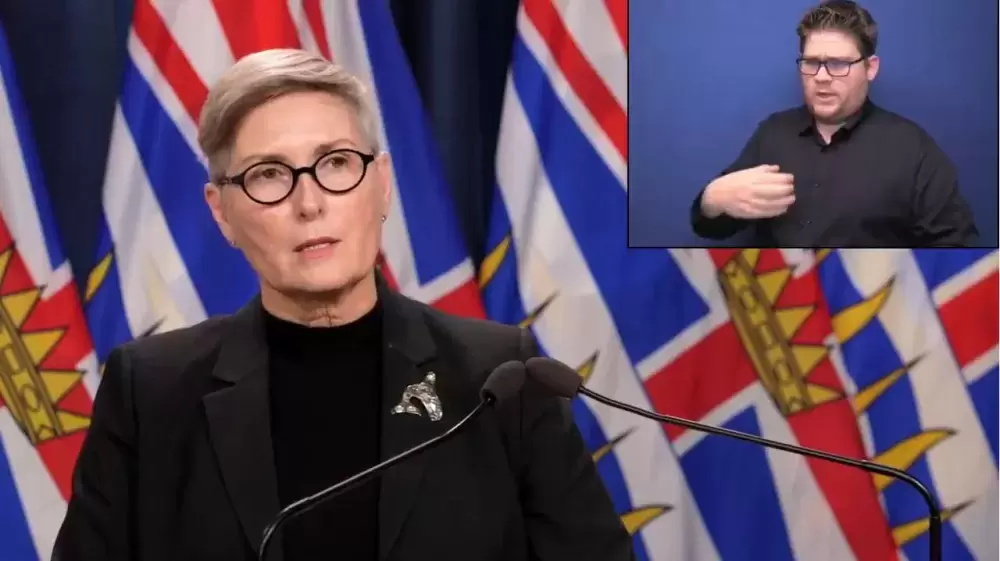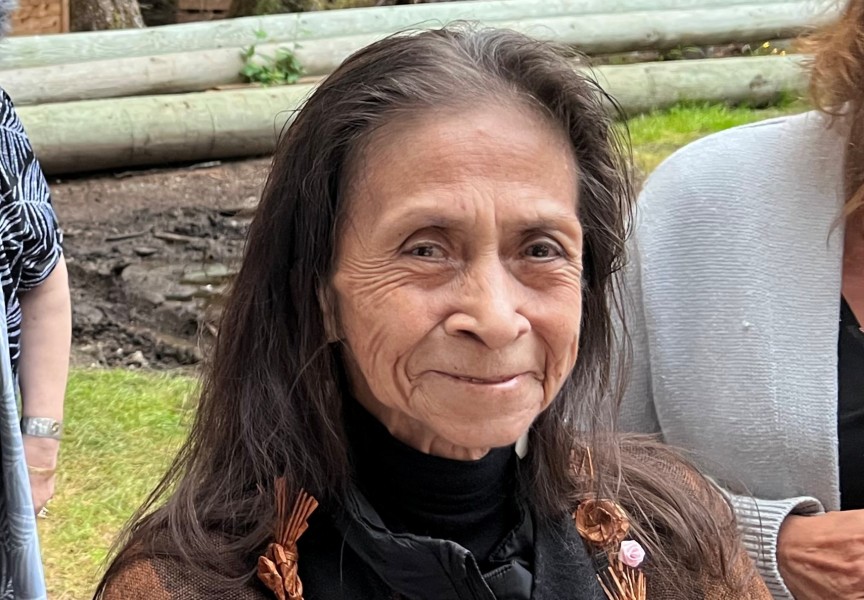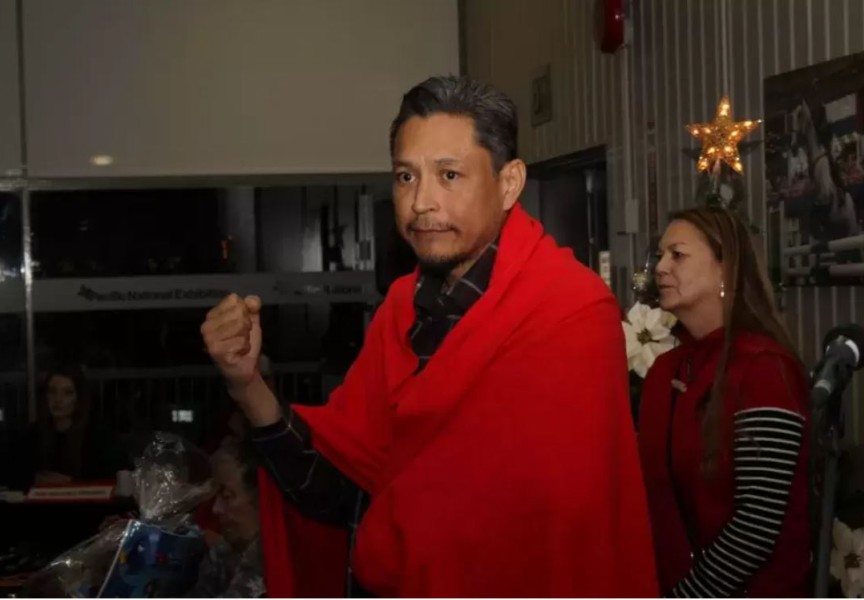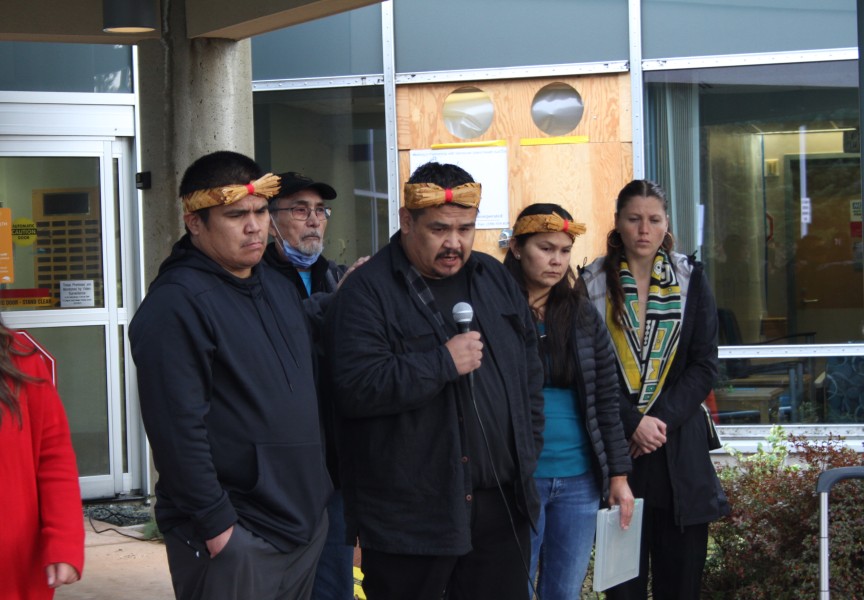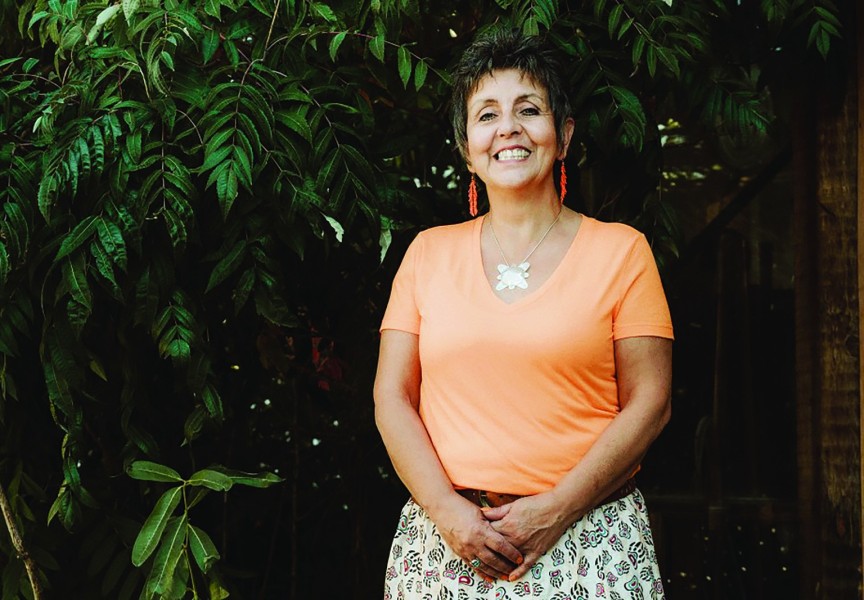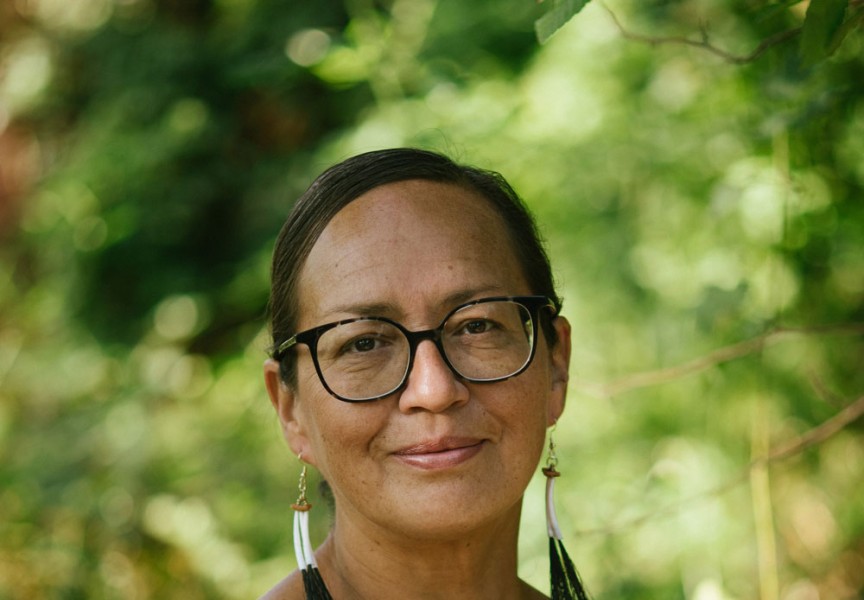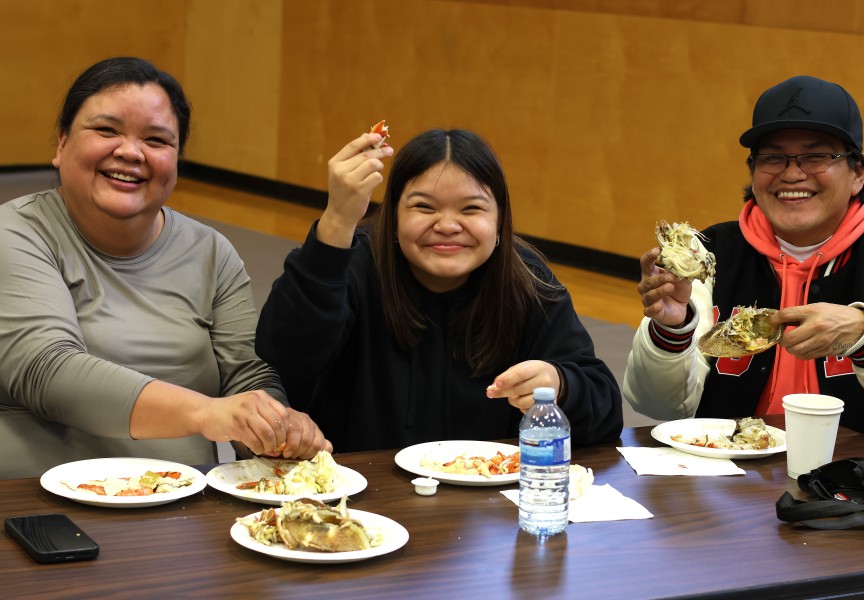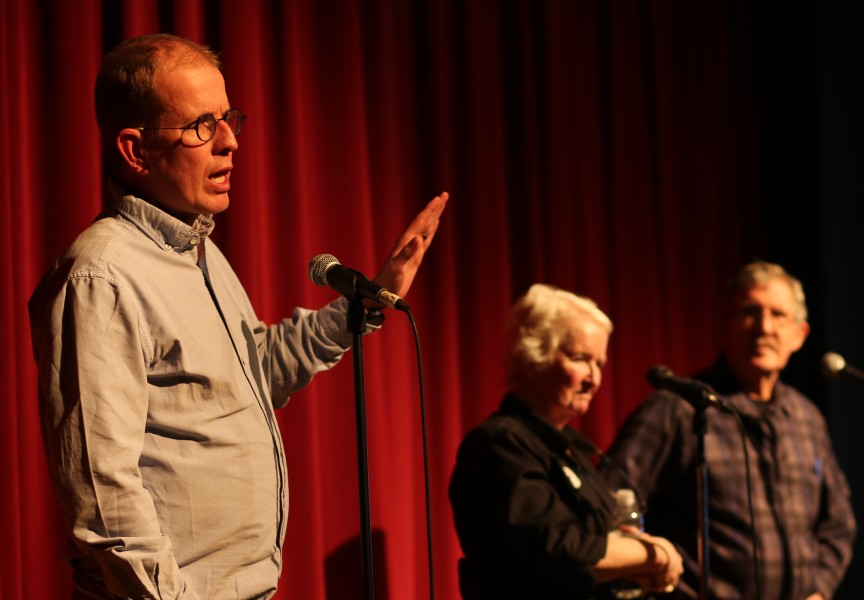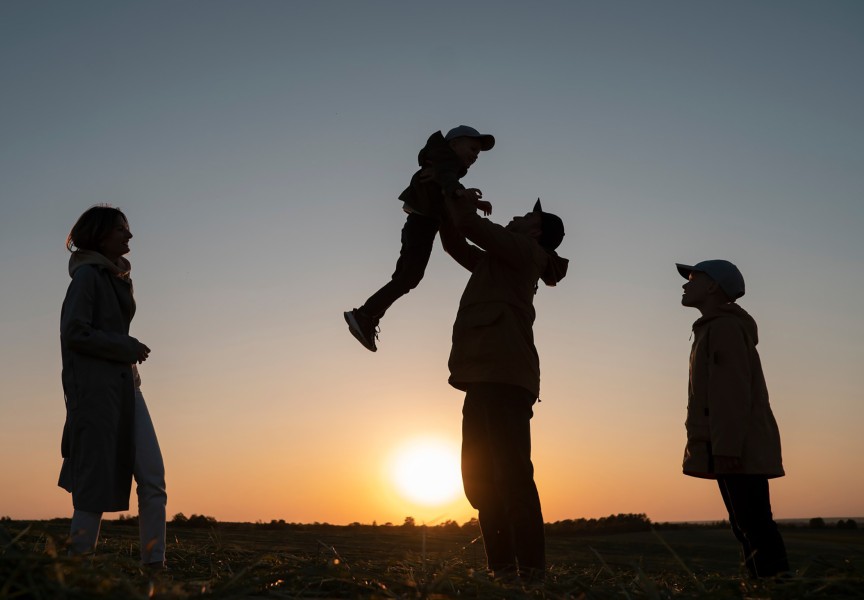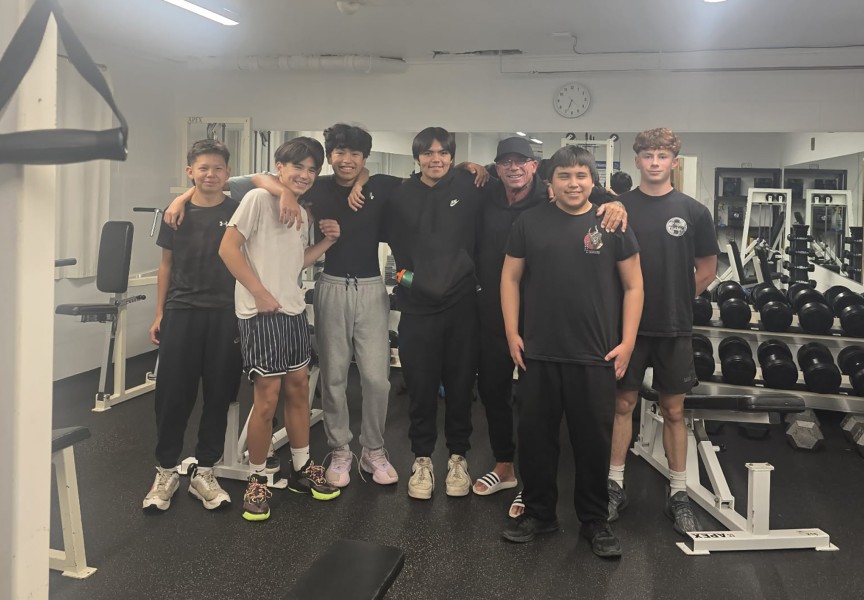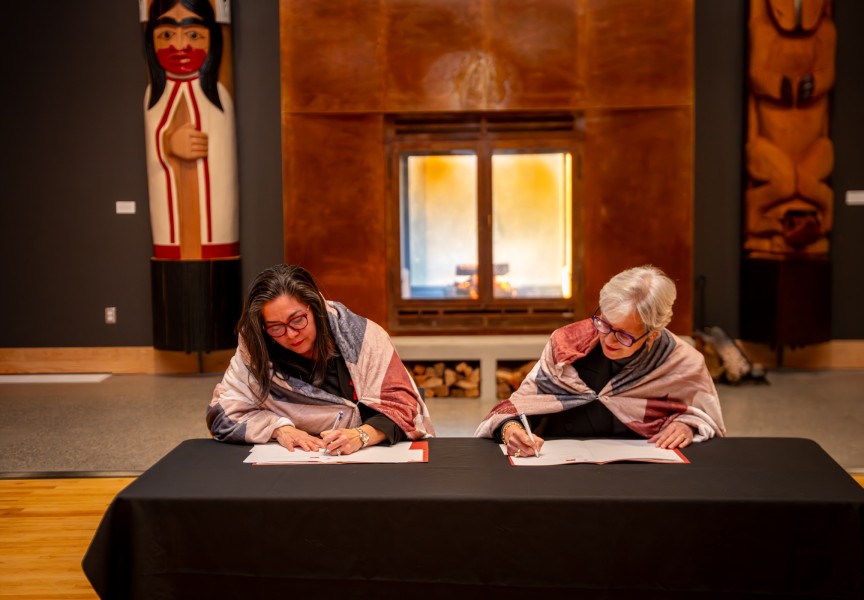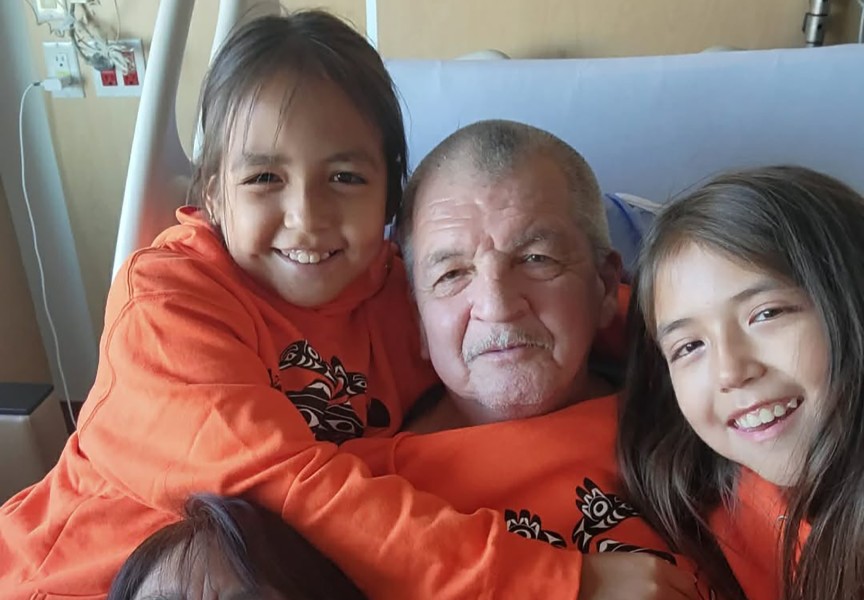A task team has been created to help resolve Indigenous-specific racism in British Columbia’s health care system.
It comes in response to one of the 24 recommendations made in the In Plain Sight Report, which identified that Indigenous peoples in B.C. have inequitable access to health-care services.
In the report, Independent reviewer Mary Ellen Turpel-Lafond said thousands of interviews created a picture “of a B.C. health care system with widespread systemic racism against Indigenous peoples. This racism results in a range of negative impacts, harm, and even death.”
The In Plain Sight Task Team’s mandate is to lead the implementation of the remaining recommendations in the report.
Thirty-three members were appointed by the Ministry of Health, in consultation with Indigenous health care partners. They are a “diverse group of First Nations and Métis leaders, health system experts, health care professionals, nurses and doctors,” said the ministry.
The group consists of Indigenous and non-Indigenous peoples and includes representation from the First Nations Health Authority (FNHA), the Union of BC Indian Chiefs, and the First Nations Leadership Council.
"Racism has been able to hide ... [but it] affects the health outcomes of many of our families," said Tsartlip First Nation elected chief Don Tom, a task team member and vice-president of the Union of British Columbia Indian Chiefs. "We have incredible work we need to do, to tackle and dismantle hierarchy, and bring our best selves to the table. I hope that 20 or 30 years from now, we can look back and say, 'Do you remember there was a time when racism was affecting Indigenous peoples? And this is when it stopped.’”
The task team gathered for the first time on May 12, and met bi-weekly for the first few months, according to the ministry. They now meet monthly. In between meetings, the ministry said feedback is shared through online surveys, tools and emails.
Moving forward, smaller working groups are being created so task team members can “methodically make progress and create action plans for the recommendations that can be implemented with system partners,” said the ministry.
Upon reviewing the task team for the first time, Mariah Charleson, Nuu-chah-nulth Tribal Council vice-president, said she was concerned by the lack of Nuu-chah-nulth representation.
While Tom has Nuu-chah-nulth ancestry, Charleson said he is not a member.
“I respect [Don Tom],” she said. “I respect him as a leader, but he's not a registered Nuu-chah-nutlh member.”
Charleson said she worries “the specific needs” of Nuu-chah-nulth peoples won’t be advocated for without representation.
According to the ministry, task team members have expressed a desire to create a united voice that reflects their shared goal of ensuring all the recommendations are implemented.
“It's going to be up to leaders across the province to hold them accountable to what that mandate states,” said Charleson.
Health care workers need more cultural competency training, which takes time. But hospitals in B.C. are at 79.2 per cent total capacity, according to the ministry’s data provided from Oct. 7. Despite the health-care system being on the verge of becoming overwhelmed by COVID-19 patients, the ministry maintained that “this training is as important as life support training.”
“Indigenous specific racism is life and death,” said the ministry. “Education is one tool we can use to eradicate it. The recommendations addressing the findings related to education and training of health professionals working [are] critical and extensive and we are in the early stages.”
A Health Care Workers’ Survey that was conducted as part of the In Plain Sight Report identified that over two-thirds of Indigenous respondents experienced discrimination based on their ancestry. Meanwhile, more than one-third of non-Indigenous respondents claimed to have witnessed interpersonal racism or discrimination against Indigenous patients, their families or friends.
"We acknowledge that the harm to Indigenous people by our health system is known and has been perpetuated against Indigenous people for generations," said Adrian Dix, minister of Health, in a release. "The task team will support the province as we fulfil our commitment to make the real, meaningful changes needed to ensure we address systemic racism in the health-care system and root out its toxic effects on people and communities.”
In partnership with the Health Standards Organization, FNHA developed a cultural safety and humility standard that is under public review to address Recommendation 8.
Additional actions include public apologies by all health authorities, as well as a formal apology by the British Columbia College of Nurses and Midwives. According to the ministry, next steps include Indigenous leaders being appointed to leadership positions in the health care system.
“Our progress is not where we had hoped it would be yet, but there has been significant learning in the process with our Indigenous partners and it is slowly building,” said the ministry. “Change at this level needs to be done in an intentional and systematic way in order to affect improvements where it is needed the most, at the point of care.”

